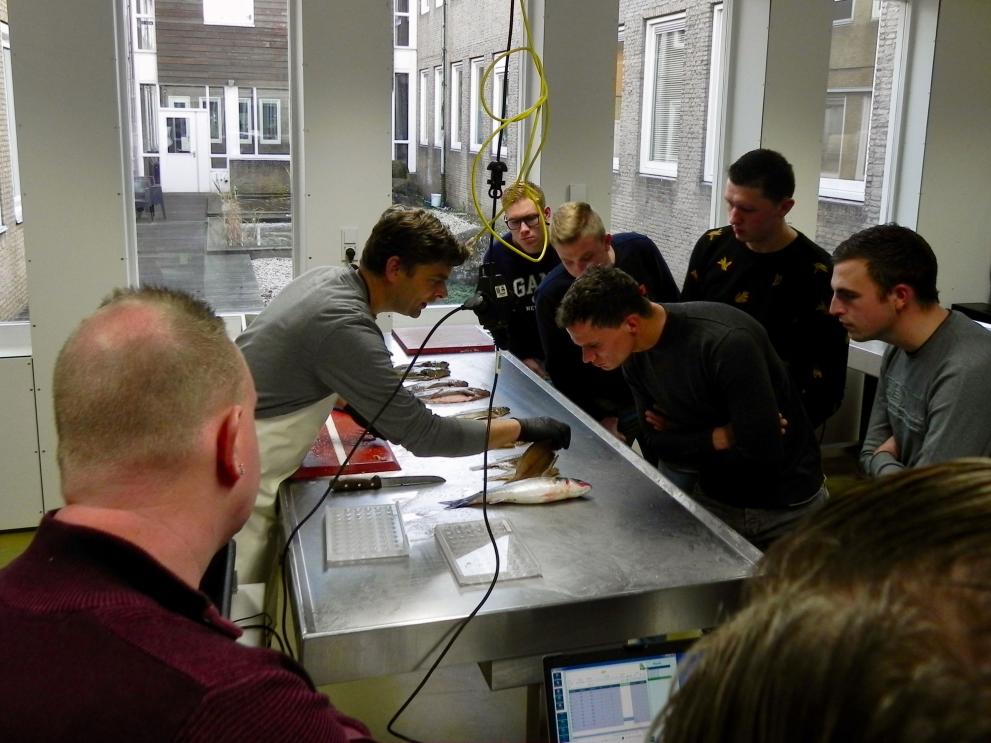
Fishers can lack the necessary time to follow the ever evolving societal needs and legislative evolutions in fisheries. In the Netherlands, the Vistikhetmaar (“I fish I knew”) project set up a website to provide fishers and fishing academies with a “one-stop shop” presenting tailor-made, scientifically-based and up-to-date information about fisheries.
A website for the fishers of today and tomorrow
The Vistikhetmaar project serves two main purposes. First, it provides information to fishers about the most recent and pressing issues such as Brexit, the landing obligation, and environmental requirements. Secondly, it offers educational material to fisheries schools in a digital format, organised into well-defined dossiers. The project idea was initially born in 2014 at the initiative of the Ministry of Economic Affairs. Currently it is run by a consortium of two fishers trade associations, the Wageningen University & Research, and the Foundation ProSea Marine which is also the project coordinator.
Developing tailor-made and attractive information
The dossiers are developed with the target audience in mind, through a step-by-step approach and from the fishers’ perspective of “what’s in it for me?”. The information is made available mostly in written format and with increasing levels of detail. At the top level is an easily accessible outline together with a three-minute film in which two fishers, Cees and Cas, bring some lightness and humour to serious subjects. The name of the project itself is a pun. The Dutch phrase wist ik het maar means “I wish I knew”, and vis means “fish”. The made-up word Vistikhetmaar thus means something like: “I fish I knew that”. Lightness and humour allows for more attractive content. Following a fisherman’s request, a series of podcast has been launched in 2022, diversifying the formats while covering topical themes such as women in fisheries or entrepreneurship.
According to Tim Haasnoot, director of the ProSea Foundation:
The effectiveness of spreading knowledge depends on several aspects: the content of the message, the accessibility of the language used, and the acceptance of the knowledge by the receiver.
To tackle this last difficulty, the project also includes trust-building activities, primarily based on direct contacts with individual fishers. The project also has a “sounding board” composed of 10 active fishers who offer practical feedback. These actions are essential to the success of the project. Indeed, as underlined by Time Haasnoot, “If the receiver does not trust the source, the effectiveness will be zero.
However useful to the fishers, the project has relatively high costs. Developing the website is labour-intensive and hence costly, so is the process of building trust, identifying the fishers’ needs and responding to them appropriately. Fortunately, thanks to EU support, the project has been able to continue.
As well as the content of the website, the project also set up a network of 23 young fishers (18 to 35 years old) who participate annually (sometimes twice a year) in courses that provide capacity building and enable lifelong learning.
More information
Details
- Publication date
- 14 December 2022
- Author
- Directorate-General for Maritime Affairs and Fisheries




